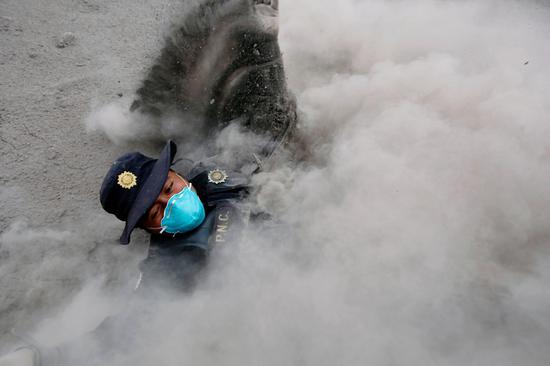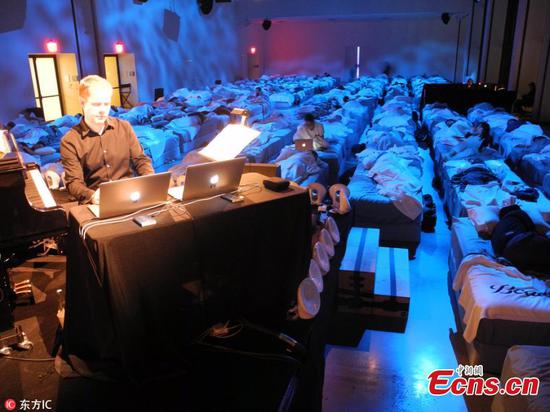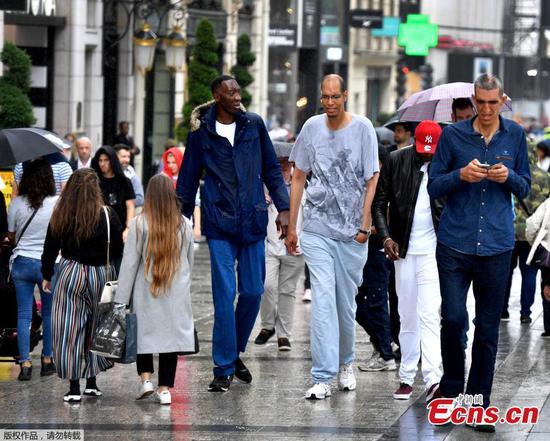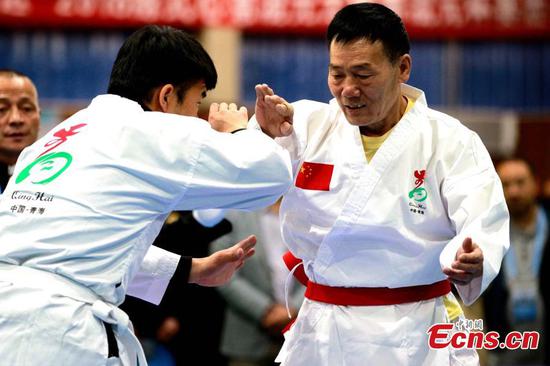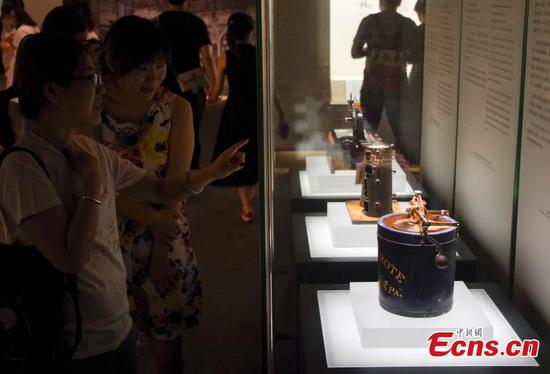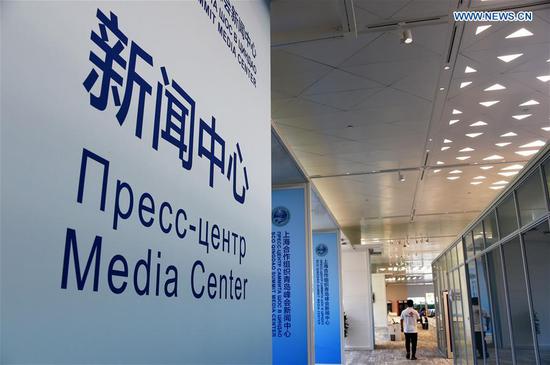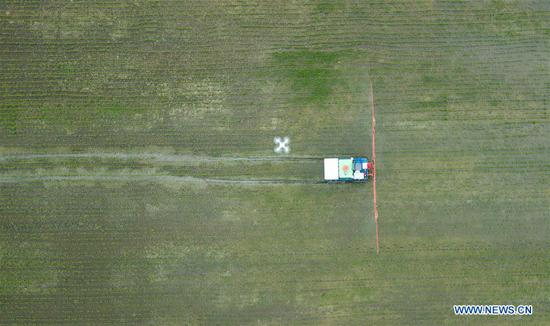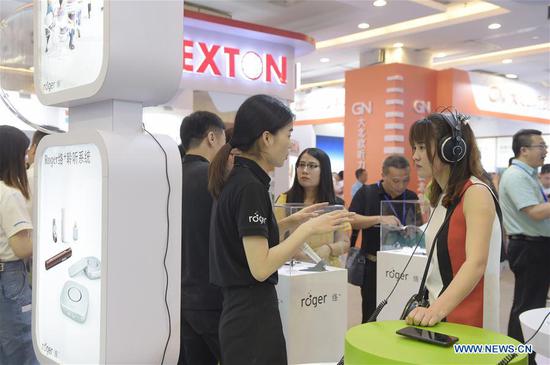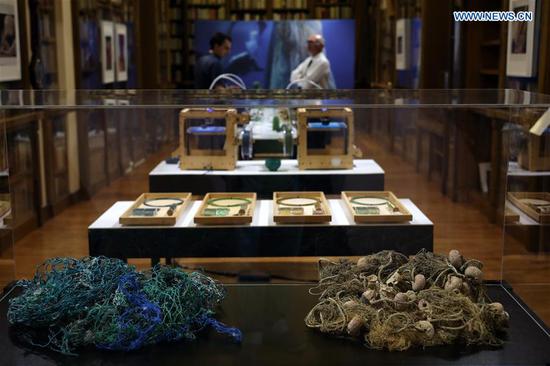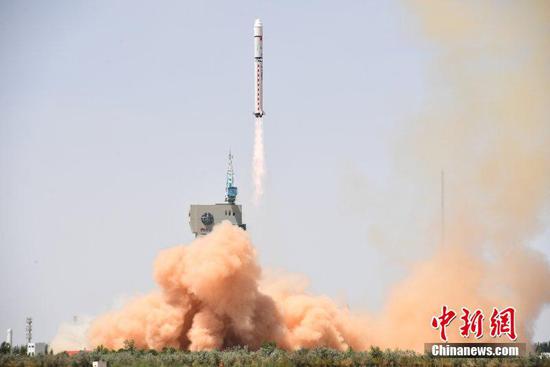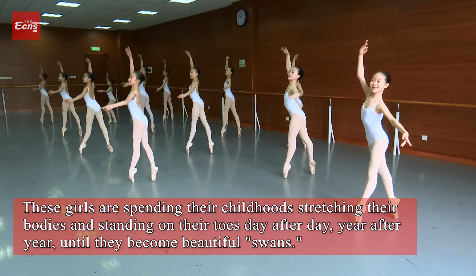With Mission AI, "Rediscovering China" looks at how the latest developments in Artificial Intelligence (AI) are transforming the way we live our lives.
Hidden away in an unremarkable compound in Shanghai is a rather remarkable start-up called Eyevolution. The company is headed by Professor Zhang Xiaolin, who has spent the past 25 years developing bionic eyes. After a lengthy period in Japan doing research, he returned to Shanghai five years ago and went on to found Eyevolution in 2016.
In the past, the application of bionic eyes has been limited to a prosthetic helping the visually impaired to see again. But what Professor Zhang and his team are focusing on, is their potential in combination with other technologies, for example, 3D video cameras and microscopes. One use of the technology that is now a commonplace is the robot vacuum cleaner which recognizes – and so avoids – tables, chairs and other articles while performing its household chores.
But when it comes to fitting bionic eyes to a robot, there’s one function that Professor Zhang’s team are especially excited about. “Such a robot can help doctors with surgery,” says Yang Quantao, one of the engineers behind this project. “Our hands might shake; that affects accuracy. The robot can be much more precise.”
The medical robot is currently going through the final testing stage, as it still requires some more optimization. However, the company plans to have their product hit the market by the end of this year, with the hope that before long, it may be common to see a robot operating alongside human surgeons.












